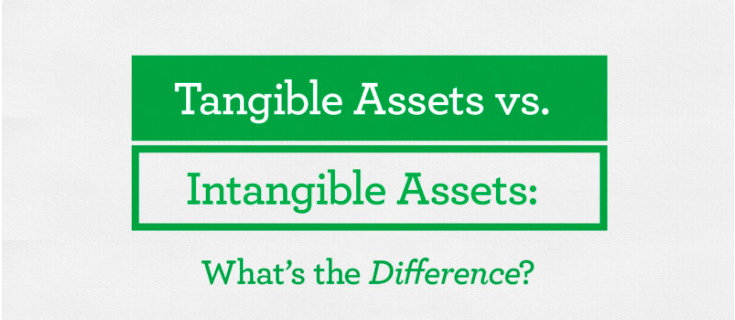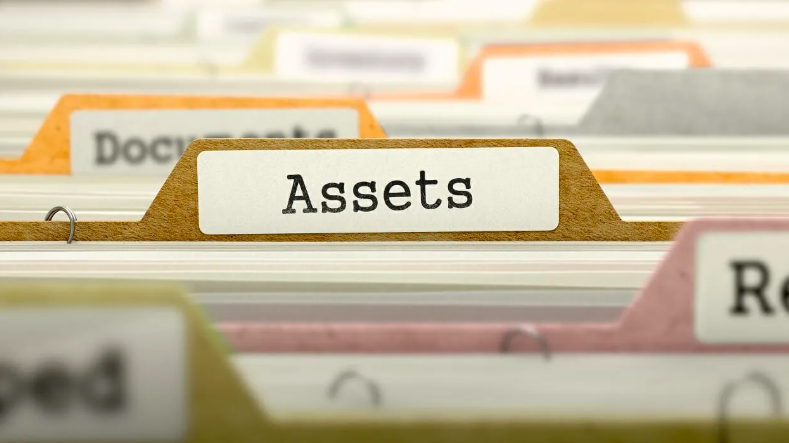
How to Market Your Rental Property Effectively
Marketing your rental property effectively is crucial to attracting high-quality tenants and minimizing vacancy periods. In today’s competitive rental market, simply listing your property isn’t enough—you need a strategic approach to stand out. Whether you’re managing a single-family home, an apartment, or a vacation rental, here’s a comprehensive guide on how to market your rental property effectively:
1. Create a Compelling Listing
Why It’s Important: A well-crafted listing grabs attention and encourages potential tenants to take the next step.
Tips for a Great Listing:
Write a Catchy Headline: Highlight the property’s best features (e.g., “Spacious 3-Bedroom Apartment in Prime Location”).
Use High-Quality Photos: Include clear, well-lit photos of every room, the exterior, and key amenities.
Write a Detailed Description: Describe the property’s features, location, and nearby attractions. Be honest and transparent.
Highlight Unique Selling Points: Emphasize what makes your property stand out (e.g., “Newly Renovated Kitchen” or “Walking Distance to Public Transit”).
2. Leverage Online Listing Platforms
Why It’s Important: Most tenants start their search online, so your property needs to be visible on popular platforms.
Platforms to Use:
General Listings: Nigerian Property Center, Jiji, PropertyPro.
Social Media: Facebook Marketplace, Instagram, and LinkedIn.
Specialized Platforms: Airbnb (for vacation rentals), NPC (for local listings).
Tips for Success:
Post on multiple platforms to reach a wider audience.
Keep your listings updated with accurate information and availability.
Respond promptly to inquiries to show you’re attentive and professional.
3. Use Professional Photography and Virtual Tours
Why It’s Important: High-quality visuals help tenants visualize themselves in the space and increase interest.
How to Do It:
Hire a professional photographer or use a high-resolution camera.
Capture photos during the day with natural light for the best results.
Offer virtual tours or 360-degree videos for remote tenants.
4. Highlight the Neighborhood and Amenities
Why It’s Important: Tenants care about the area as much as the property itself.
What to Include:
Nearby schools, parks, and shopping centers.
Public transportation options and commute times.
Local attractions, restaurants, and entertainment venues.
Tip: Create a neighborhood guide or include a map in your listing.
5. Set a Competitive Rental Price
Why It’s Important: Overpricing can deter tenants, while underpricing can cost you money.
How to Determine the Right Price:
Research comparable properties in your area.
Use tools like Rentometer or NPC to get Rent estimate.
Consider offering move-in specials to attract tenants.
6. Optimize Your Listing for SEO
Why It’s Important: Search engine optimization (SEO) helps your listing appear in search results.
Tips for SEO:
Use relevant keywords in your listing title and description (e.g., “pet-friendly apartment in [City]”).
Include location-specific terms (e.g., “downtown,” “near [Landmark]”).
Write a detailed meta description for your listing.
7. Utilize Social Media Marketing
Why It’s Important: Social media allows you to reach a broader audience and engage with potential tenants.
How to Use Social Media:
Post photos and videos of your property on Instagram, Facebook, and TikTok.
Use hashtags like #ForRent, #[City]RealEstate, or #ApartmentLiving.
Run targeted ads to reach specific demographics (e.g., young professionals, families).
8. Offer Virtual Showings and Open Houses
Why It’s Important: Virtual options make it easier for busy or out-of-town tenants to view your property.
How to Do It:
Use video conferencing tools like Zoom or Skype for virtual showings.
Host live virtual open houses and answer questions in real time.
Record a video tour and share it on your listing and social media.
9. Provide Excellent Customer Service
Why It’s Important: Good customer service builds trust and encourages tenants to choose your property.
Tips for Great Service:
Respond to inquiries quickly and professionally.
Be flexible with showing times to accommodate potential tenants.
Provide clear and accurate information about the property and application process.
10. Use Testimonials and Reviews
Why It’s Important: Positive reviews and testimonials build credibility and attract tenants.
How to Use Them:
Ask current or past tenants for reviews and permission to share them.
Display testimonials on your listing and website.
Encourage satisfied tenants to leave reviews on platforms like Google.
11. Monitor and Adjust Your Strategy
Why It’s Important: Marketing is an ongoing process, and what works today may not work tomorrow.
How to Monitor Success:
Track the number of inquiries, showings, and applications.
Ask potential tenants how they found your listing.
Adjust your strategy based on feedback and results.
Final Thoughts
Marketing your rental property effectively requires a combination of creativity, strategy, and attention to detail. By creating compelling listings, leveraging online platforms, and providing excellent customer service, you can attract high-quality tenants and minimize vacancy periods.
Remember, the key to successful marketing is understanding your target audience and tailoring your approach to meet their needs. With the right strategies in place, you can turn your rental property into a highly sought-after home for tenants.

 March 13, 2025
March 13, 2025



